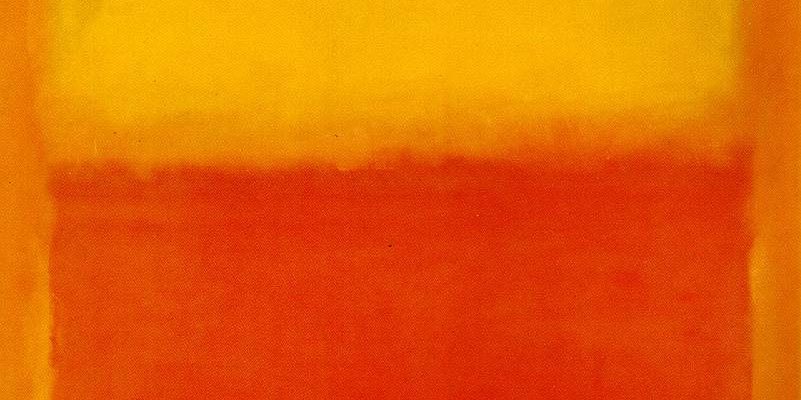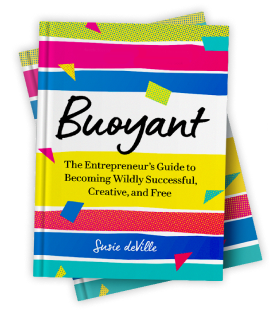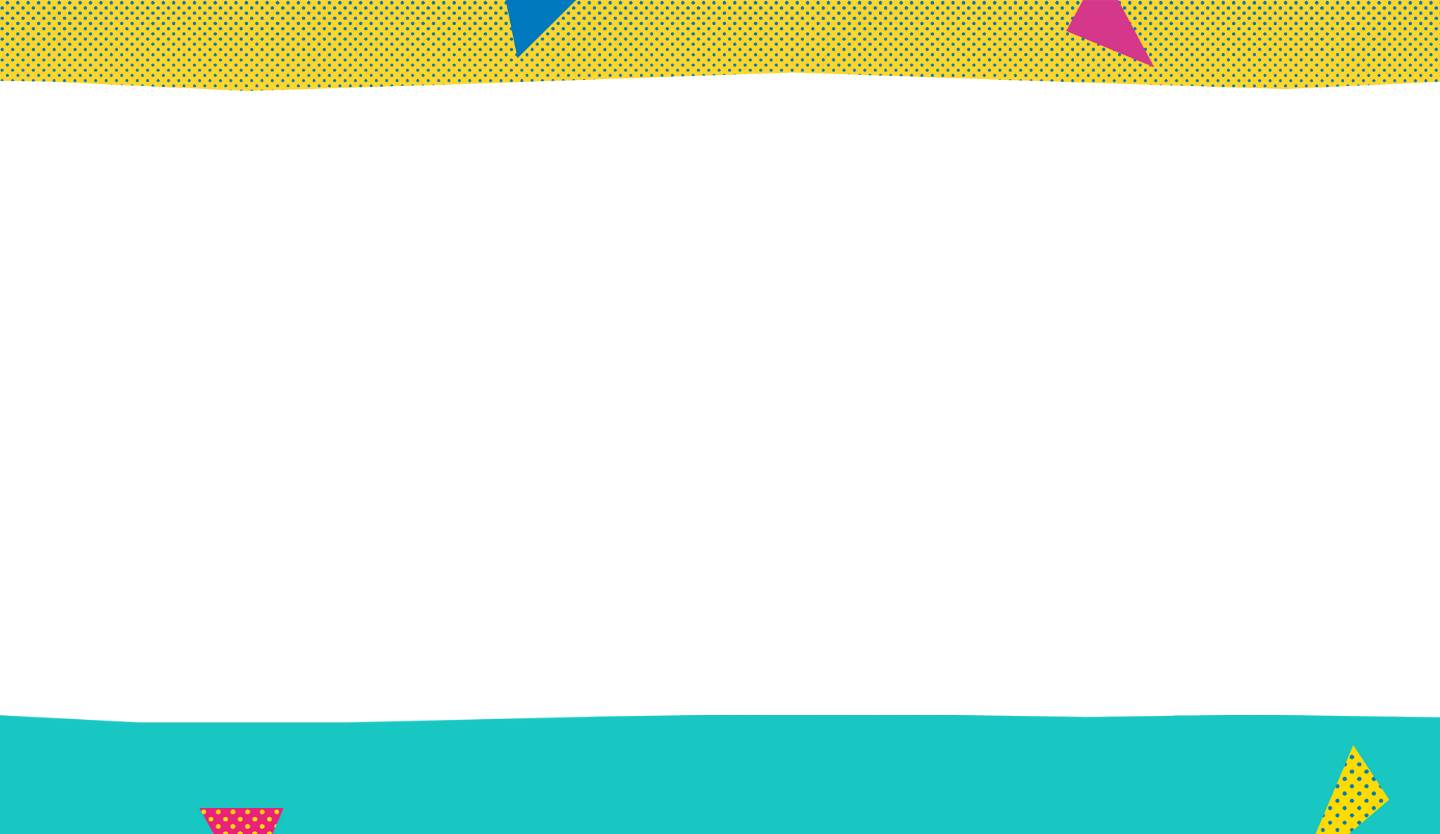“When you grow up by the sea, you spend a good deal of time looking at the horizon. You wonder what on Earth the waves might bring—and where the sea might deposit you-—until one day you know you have lived between two places, the scene of arrival and the point of departure.”
~ Andrew O’Hagan
Rothko’s abstract paintings appear to be simplistic works of colorful shapes on large canvases. Breaks, or lacunae, define both the shapes and space. Upon closer scrutiny, the shapes, with their soft edges, appear to move toward you or recede, evoking a certain melancholy, contemplation, and/or sublime spiritual experience.
You are lured to look and to question if you are here or there. Without the soft lacunae in his works, there would be no emotion, no inner conversation, no transcendence.
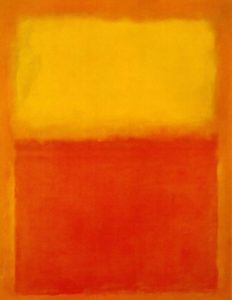
While away at the beach this month, I am (re)discovering how deeply and profoundly emotional lacunae in one’s regular routine can be. Not only am I away from my typical schedule, I have stopped most electronic contact, cleaving open uninterrupted mind space. This breaking away is providing new opportunities to stop, think, and feel each ensuing emotion all the way through.
This is both wonderful and terrible and is, perhaps, why I have mostly avoided such breaks in my daily life.
I am retraining, slowly, and am letting perceptions and feelings wash across my awareness without editing or interrupting. I am giving everything that comes up time to take form and speak to me. As a result, I can feel a shift occurring, but cannot yet discern the horizon from the shoreline. I am no longer there, but also am not quite in a new here.
I am in a Rothko-like, blurry edge. A creativity lacuna.
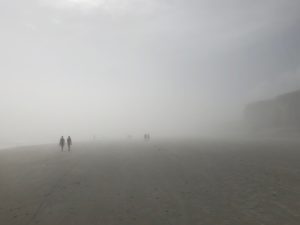
As I navigate this world, I feel as if I’m an explorer heading off to discover new lands. I’m not sure what will happen when I reach the horizon. Will I sail onward with courage and glee? Or, will I fall over the edge?
I have some early feedback on my voyage that gives me hope. A branch dropped on the bow of my ship from a bird flying overhead, indicating I’m nearing dry land, came in the form of a revived embracing of inner quiet and wu wei (doing without doing). When writing, I can hear myself say inwardly (not unlike how you would coach a horse that is easy to spook), “Stay … stay … easy ….” while sneaking up on disconcerting realizations.
I wonder if it is possible to live in a creative lacuna on a daily basis, perpetually inhabiting the in-between world of leaving and not yet arriving. Without attachment to either shore, I can see how doing so would be at once intensely liberating creatively as well as deeply disorienting.
I do know however long one indulges in a break, those blurry edges are vital to one’s creativity, ability to see, and restful, enjoyment of being.

